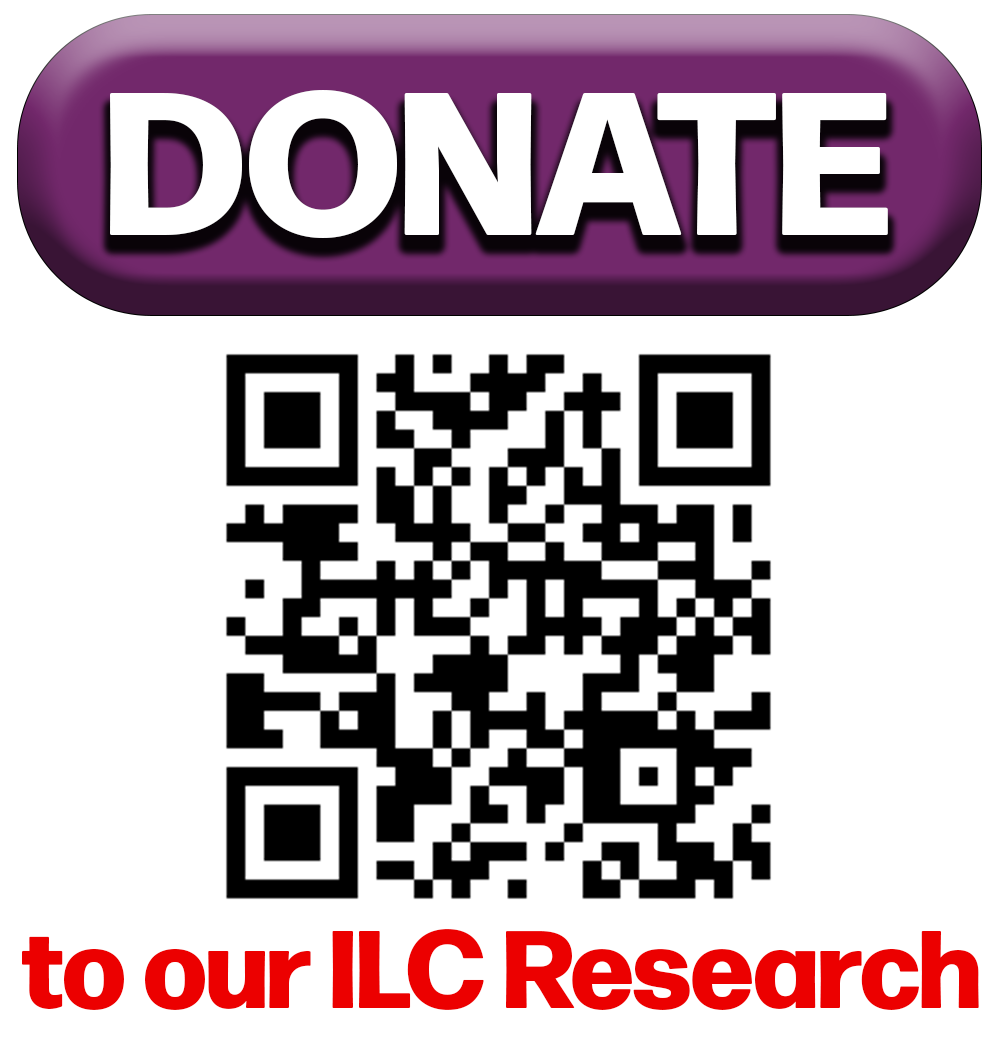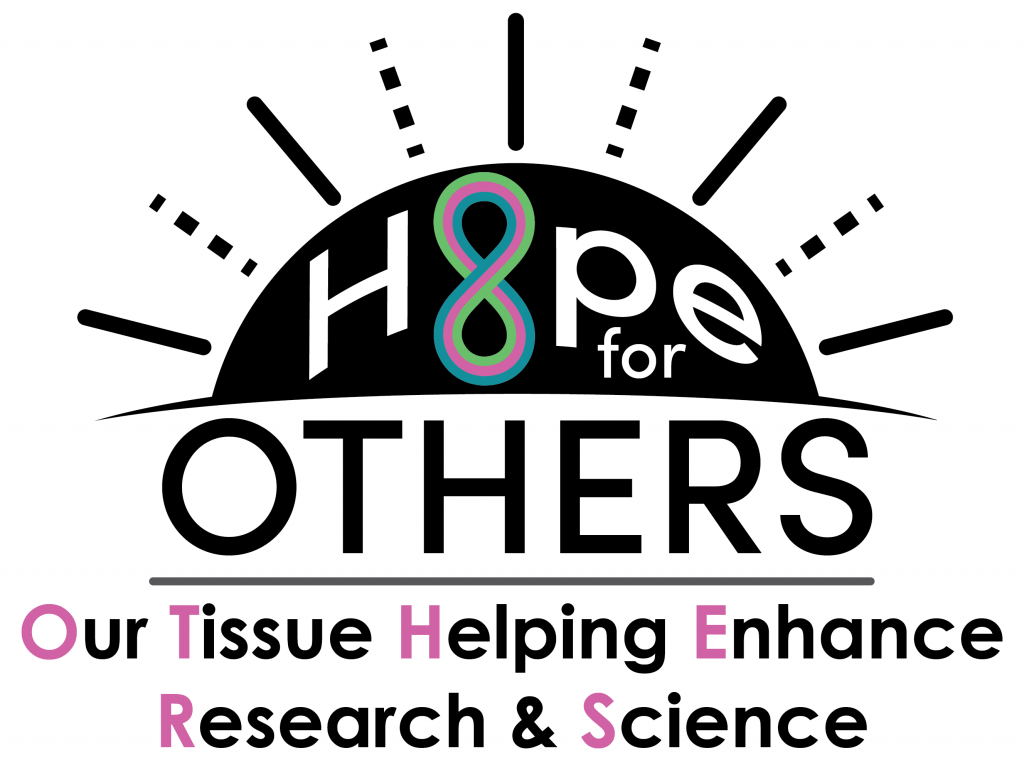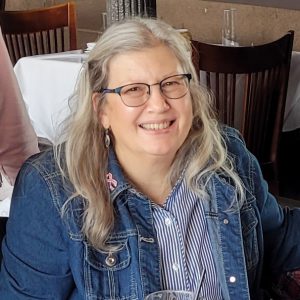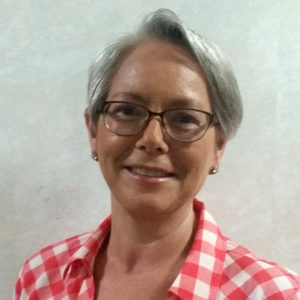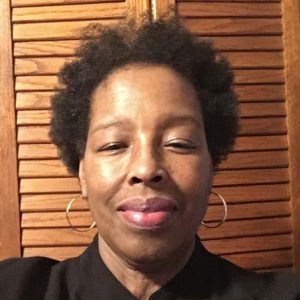Hope for OTHERS (Our Tissue Helping Enhance Research & Science) Tissue Donation Program
A tissue donation program in metastatic breast cancer
Much of our research focuses on advanced breast cancer as noted in our website pages on endocrine resistance and breast cancer metastasis. To understand and characterize the progression of early disease to advanced breast cancer, access to well annotated biospecimens is necessary. We have extensively used patient tumor and blood specimens from the Breast Disease Research Repository housed at the Pitt Biospecimen Core (PBC) and in collaboration with the UPMC Hillman Cancer Center Tissue and Research Pathology Services (TARPS). Access to these samples has allowed us to uncover potential drivers of metastatic organ tropism, drivers of endocrine resistance and novel disease driving gene fusions among other advances.
The breast cancer program at Univeristy of Pittsburgh, UPMC, & Magee Womens Hospital has established a patient-focused tissue donation program at the time of death, a “Rapid Autopsy” Program. We have a team of breast cancer biologists, medical oncologists, pathologists, bioinformaticians, radiologists and care providers who work synergistically on this challenging task. Importantly, our efforts are supported by a group of local and national breast cancer advocates who have appropriately named the program ‘Hope for OTHERS’ (Our Tissue Helping Enhance Research Studies). Our studies to understand patient attitudes to donation of research specimens will hopefully stimulate discussion and support the development of more programs to acquire post-mortem specimens. We are currently preparing for the first larger analysis of the tissues, with the goal to understand evolution of disease and ultimately to identify better treatments and methods to prevent and treat metastatic breast cancer.
For Patients with breast cancer
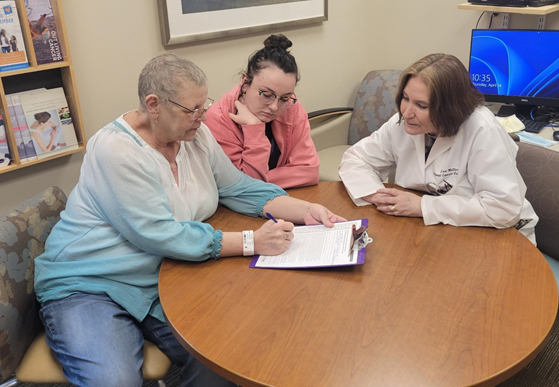
Did you know that if you are a registered organ donor (I.e. on your driver’s license) you can’t donate tissue any longer due to the diagnosis of advanced breast cancer?
Consent to donate metastatic organs to research at the time of death can be given years in advance, just like organ donation through a driver’s license. The patient can withdraw at any time, and the family will give final approval for tissue donation upon the patient’s death. Researchers will rapidly access and preserve these precious metastatic breast cancer specimens in a way consistent with an open-casket burial. The legacy gift of research tissue serves as a lasting contribution to the fight against breast cancer. Please consider joining our ‘Hope for OTHERS’ study. Please see ourhopeforothers.org for detailed information on the program including Frequently Asked Questions.
If you or someone you know might be interested in donating excess tissue collected during their clinical care or at their death, please contact our clinical coordinator:
Lori Miller
412-439-1489
millerl15@upmc.edu
lam267@pitt.edu
Advocates in Hope for OTHERS
Christine Hodgdon was diagnosed with metastatic breast cancer in 2015. She co-founded GRASP – Guiding Researchers & Advocates to Scientific Partnerships, spearheads the MBC Alliance-sponsored Breast Cancer Brain Metastasis (BCBM) Initiative, is a founding committee member of MBCBrainMets.org, and supports the INSPIRE Advocacy Program at Hopkins.
Naomi Howard, a retired clinical social worker, was diagnosed with Stage IV Her2+ disease in 2009. She resides in Pittsburgh where she is a member of bcRAN, and focuses on community outreach and community education regarding breast cancer and clinical trials.
Chris Needles was diagnosed with metastatic TNBC in 2007. She has been associated with a number of advocacy groups in Pittsburgh, including bcRAN, Komen Pittsburgh, the Young Women’s Breast Cancer Awareness Foundation and the Pink Panthers.
Susan Trent was diagnosed with TNBC in 2013 and tested positive for the BrCa gene. She decided to become a breast cancer advocate, and joined bcRAN in Pittsburgh. The Hope for Others project is her first direct involvement in a research advocacy project.
Stephanie Walker is a retired RN, and was diagnosed with metastatic breast cancer in 2015. She is the project lead of an initiative called BECOME (Black Experience in Clinical Trials and Opportunities for Meaningful Engagements), a LBBC helpline volunteer and Hear My Voice participant, an MBC Alliance member, and a Komen advocate.
The Hope for OTHERS Team
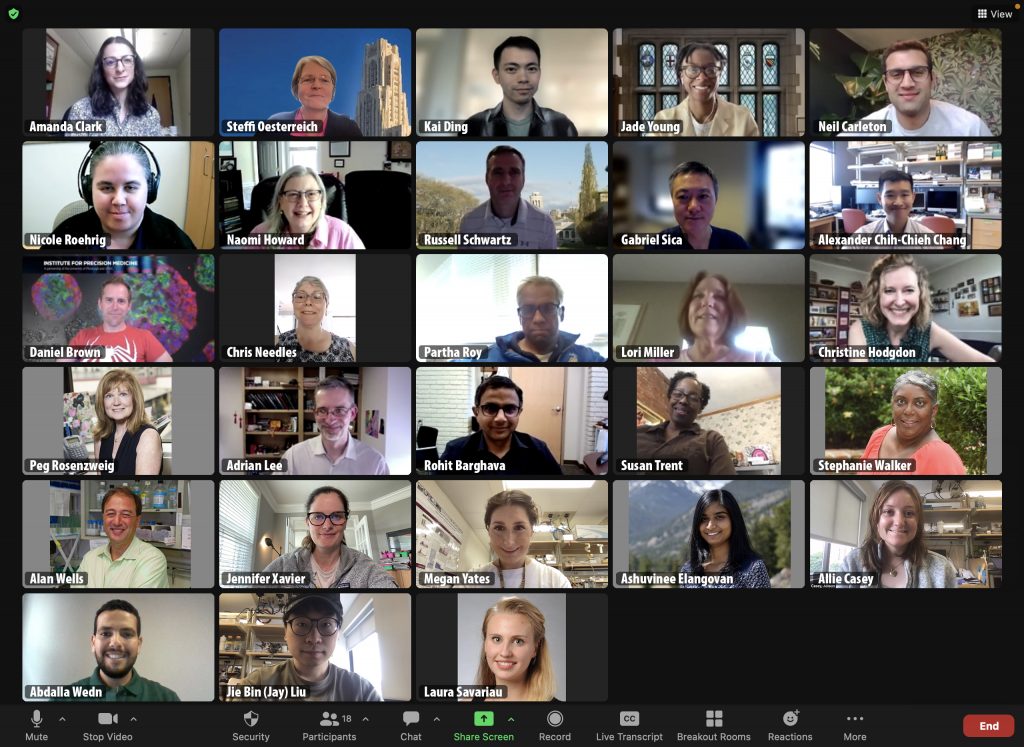
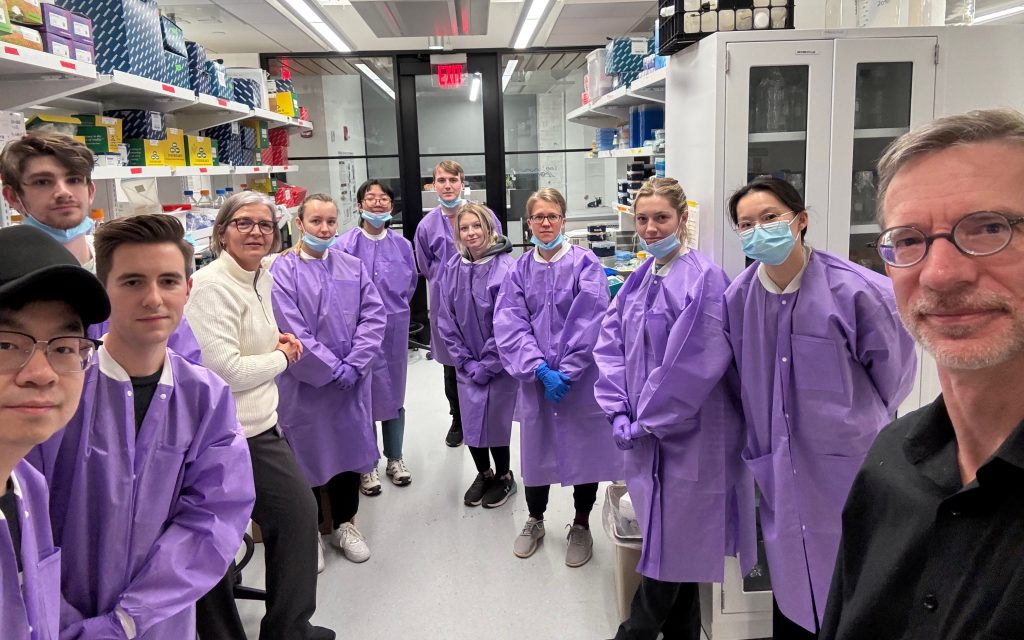

Our program was recently highlighted in a short film by the UPMC physician Journal; Watch it here.
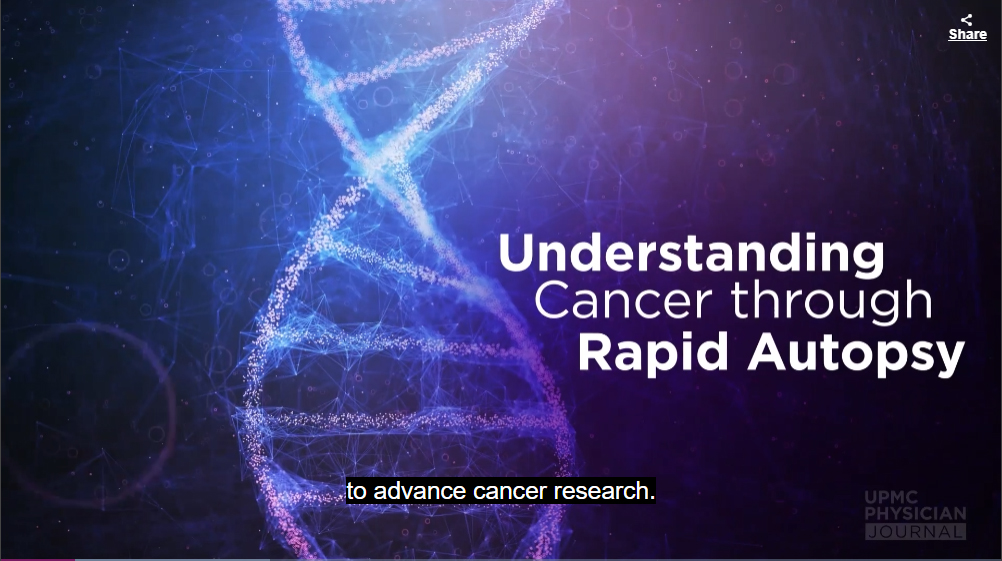
We are happy to report that we just submitted an Abstract for SABCS 2022 entitled Hope for OTHERS – An organ donation program for metastatic breast cancer research.
We are grateful for funding from Magee Womens Research Institute and Foundation, and Susan G Komen for the RA program.
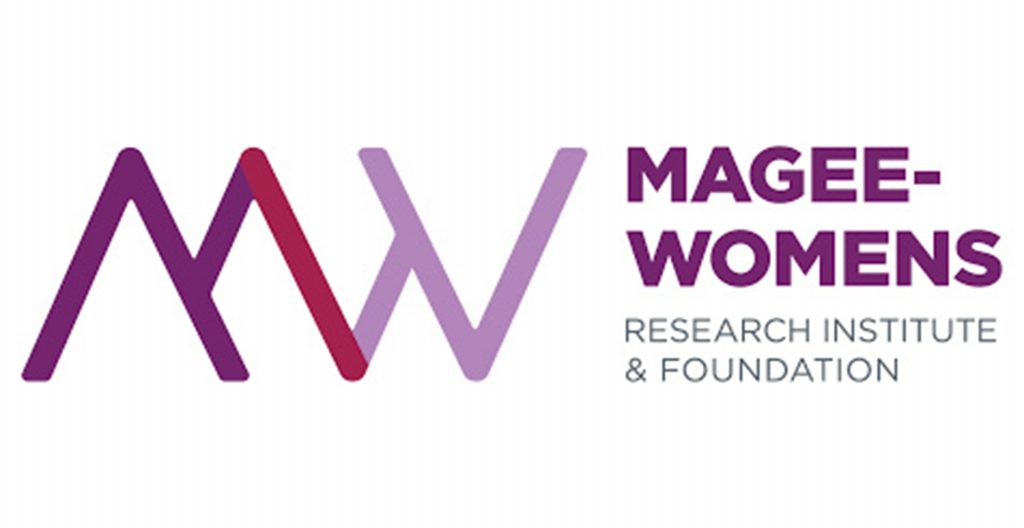
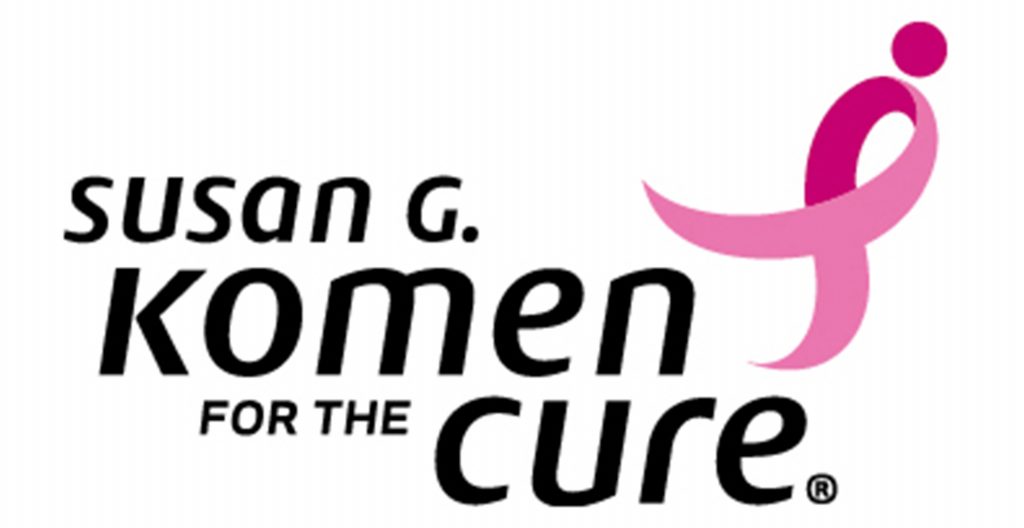

Recent Updates:
We have submitted an Abstract to SABCS 2022.
And we are happy to report that we have begun a collaborative research study with the UPTIDER RA program at KU Leuven, Belgium.

